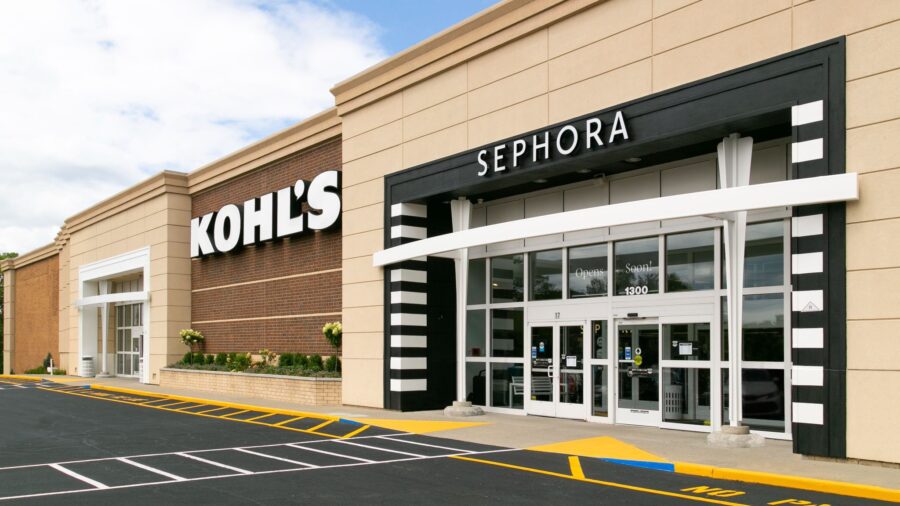Kohl’s Facing Bud-Light Style Boycotts
Groups are calling for extreme Kohl's store boycotts after it promoted Pride month with the sale of LGBTQ+ representative infant clothing.

Kohl’s is facing boycott threats similar to recent ones against Bud Light for catering to the “woke crowd” as outraged shoppers express their disapproval of its LGBTQ+ infant apparel and fashion. The main offending item is a Baby Sonoma Community Pride Bodysuit set designed for babies aged three to nine months. The outfit showcases a same-sex couple with three children and a dog. One of the adults in the image is carrying a pride flag.
The Kohl’s products were seen in stores and online with the description: “Celebrate the joy that comes from living authentically and unapologetically during Pride month and all year long.” As a result, the department store received a large number of complaints from unhappy customers calling for a Kohl’s boycott.
“In case you need clothes for your Gay or Trans three-month-old, Kohl’s has you covered,” one person wrote, confirming that the accompanying screen grab is real. Another disgruntled shopper likened the situation to Target and Bud Light. Several others called for folks nationwide to boycott every company that dares to promote Pride Month.
Kohl’s support of Pride Month comes amid a larger trend of boycotts targeting various big-name brands over their displays of solidarity with the LGBTQ+ community, which many see as a progression of woke ideology. The backlash has resulted in significant financial losses for Bud Light’s parent company Anheuser-Busch, which is now offering free beer through new promotions.
This controversy surrounding Bud Light’s use of Dylan Mulvaney in its advertising campaigns resulted in a staggering $15.7 billion decline in the company’s market value since April 1st. Like Kohl’s, Target faced a similar boycott, and decided to remove some of the more contentious items from its Pride collection. However, the company remains steadfast in its commitment to LGBTQ causes.
Target attributed its actions to the volatility of complaints and their impact on the safety and well-being of its team members. “Given these volatile circumstances, we are making adjustments to our plans, including removing items that have been at the center of the most significant confrontational behavior,” crisis communications manager Kayla Castaneda said in a statement.
Amidst the anger directed towards Kohl’s for their LGBTQ+ apparel, a few online commentators defended the company. One person responded to the slew of Kohl’s boycott messages by saying, “Most major retailers celebrate Pride month. You’ve been hiding under a rock.” Others called for unity, urging folks to support the store and asking the company not to submit to the backlash.
It is important to consider the potential consequences of boycotting everything that offends, as it may eventually leave individuals with minimal options. In today’s interconnected world, where various companies and brands express their support for diverse causes, avoiding all potential sources of disagreement becomes increasingly challenging.
Reflecting on the broader impact and understanding that different perspectives exist can help foster a more nuanced approach to engaging with products, services, and the overall marketplace. Kohl’s is yet to comment on calls for shoppers to boycott its stores.












